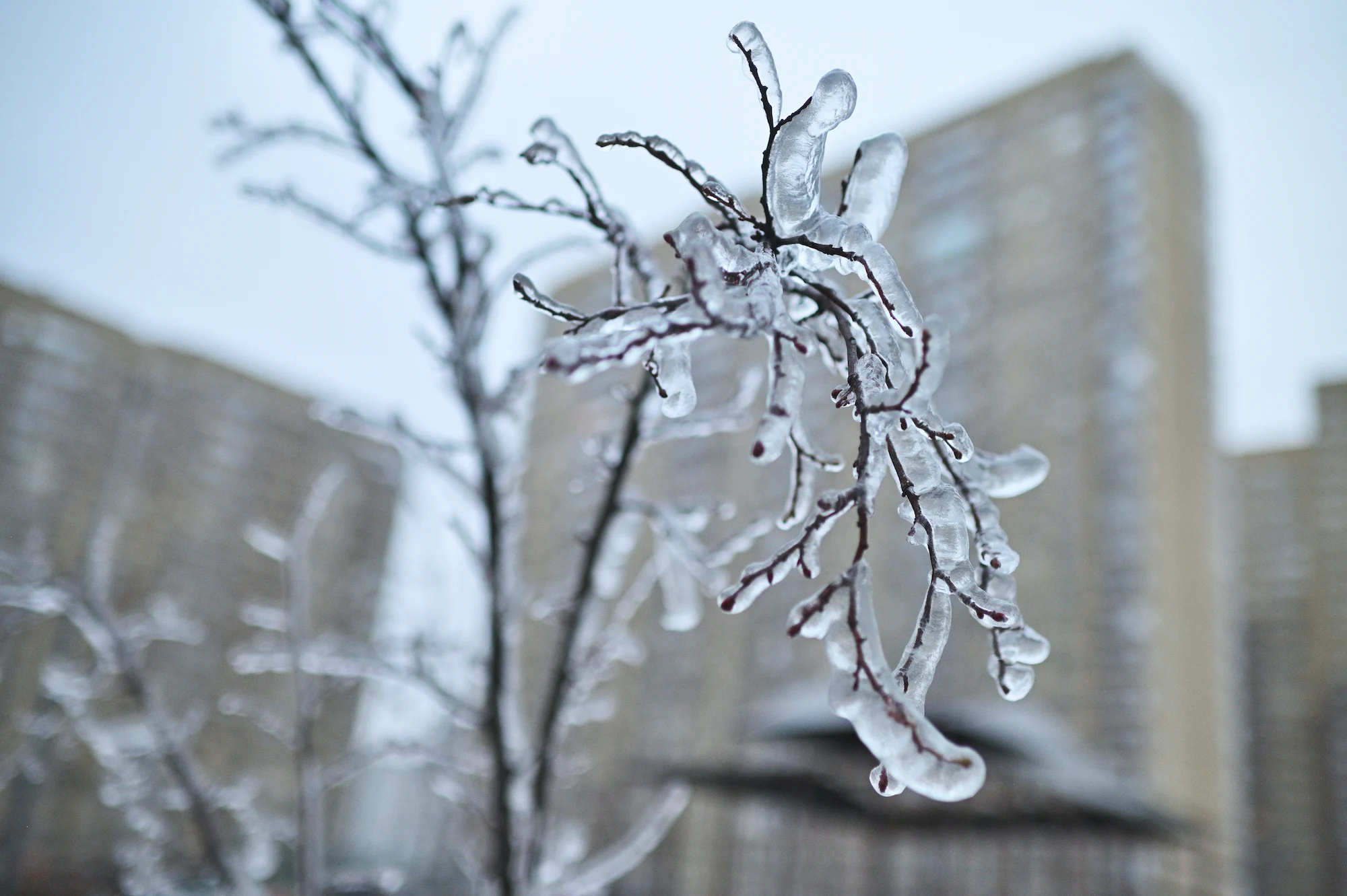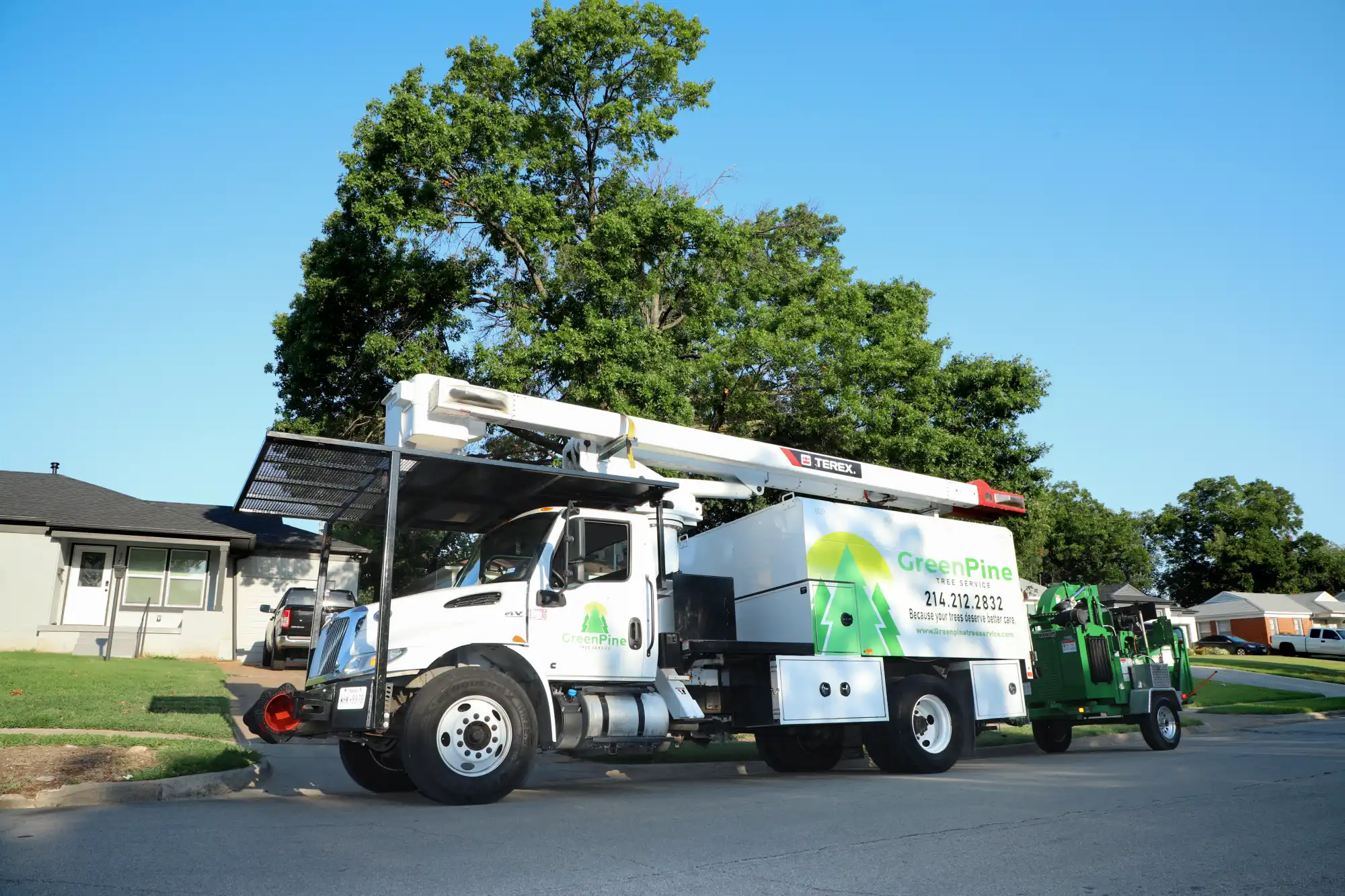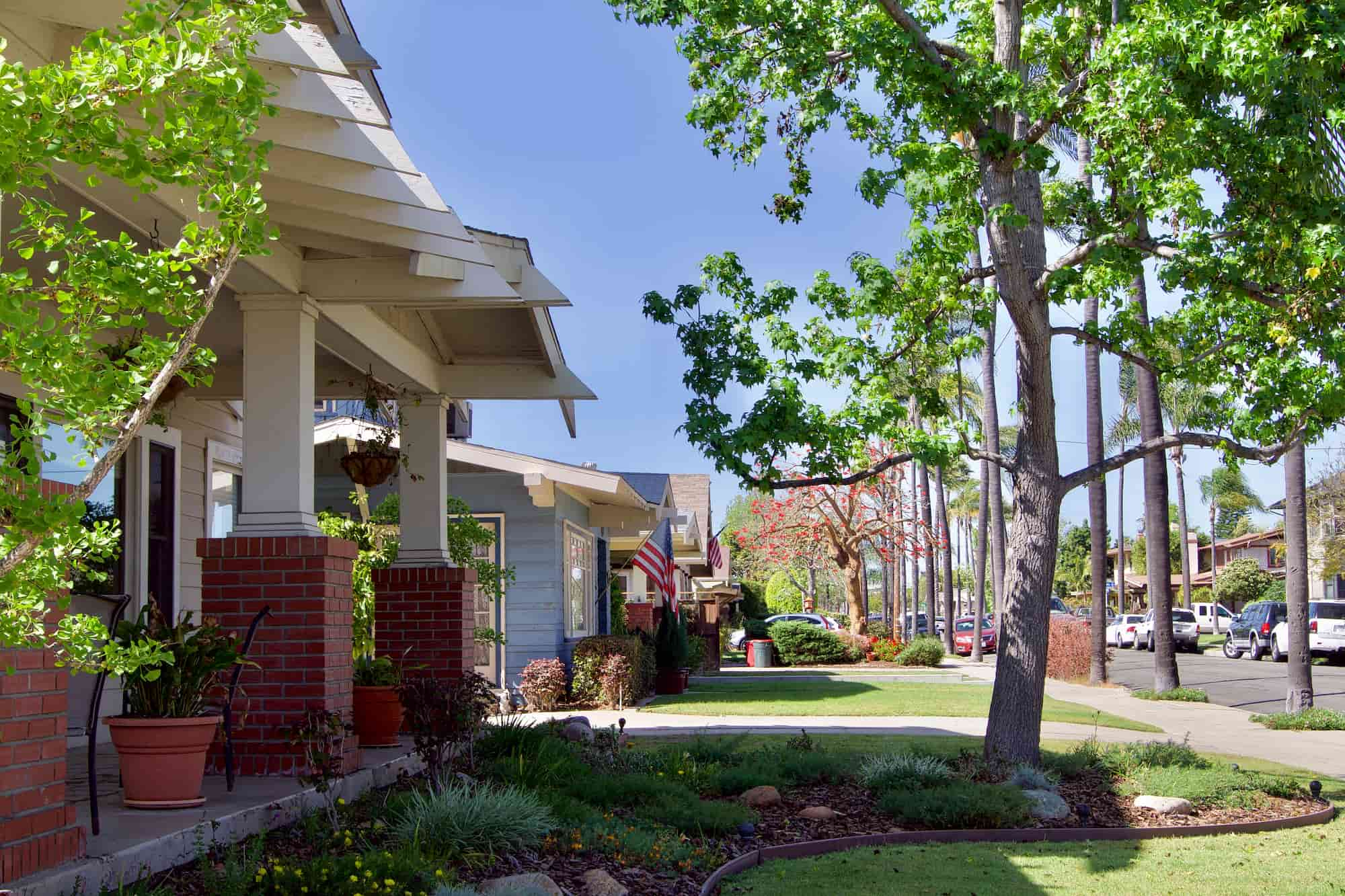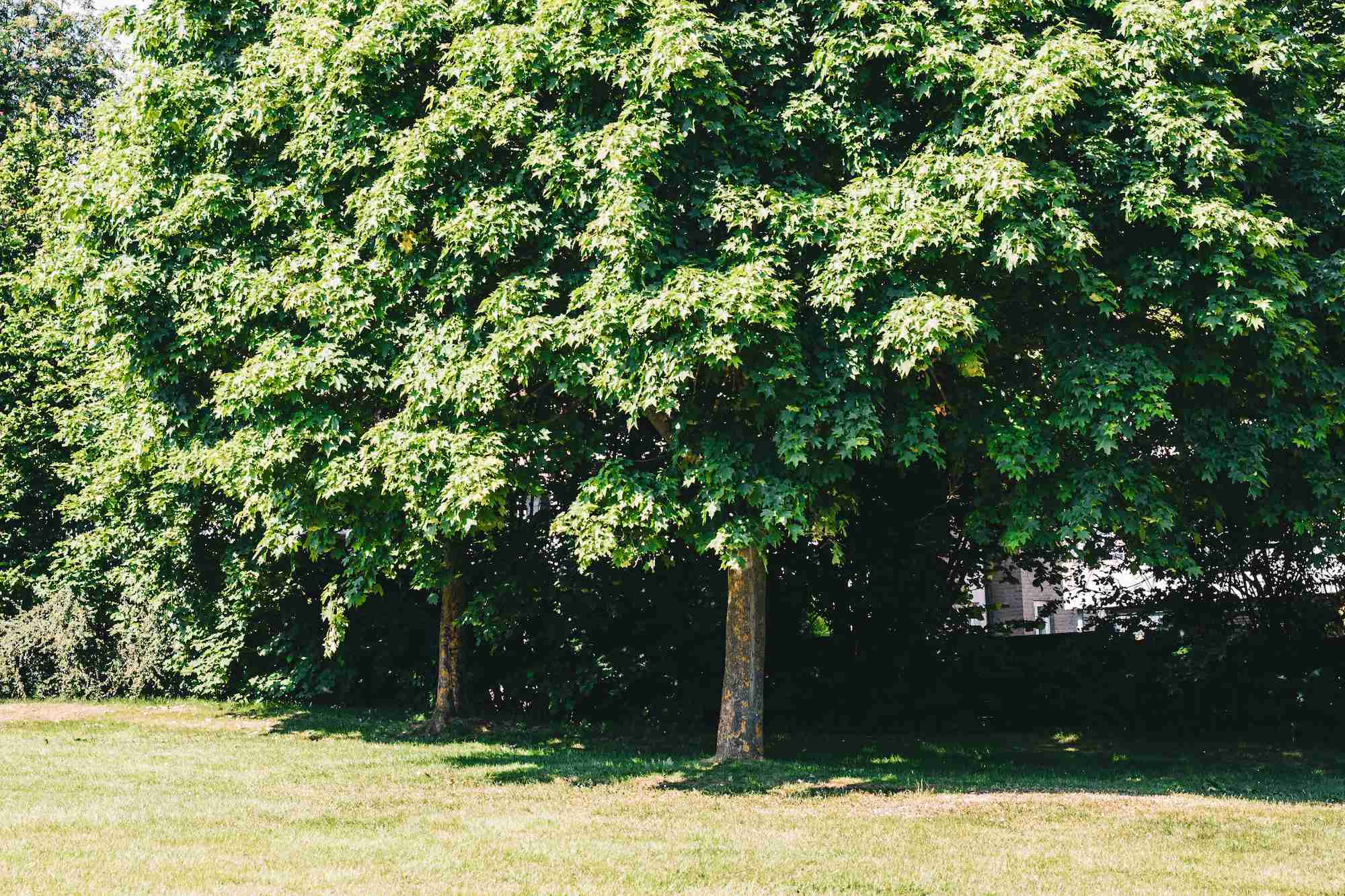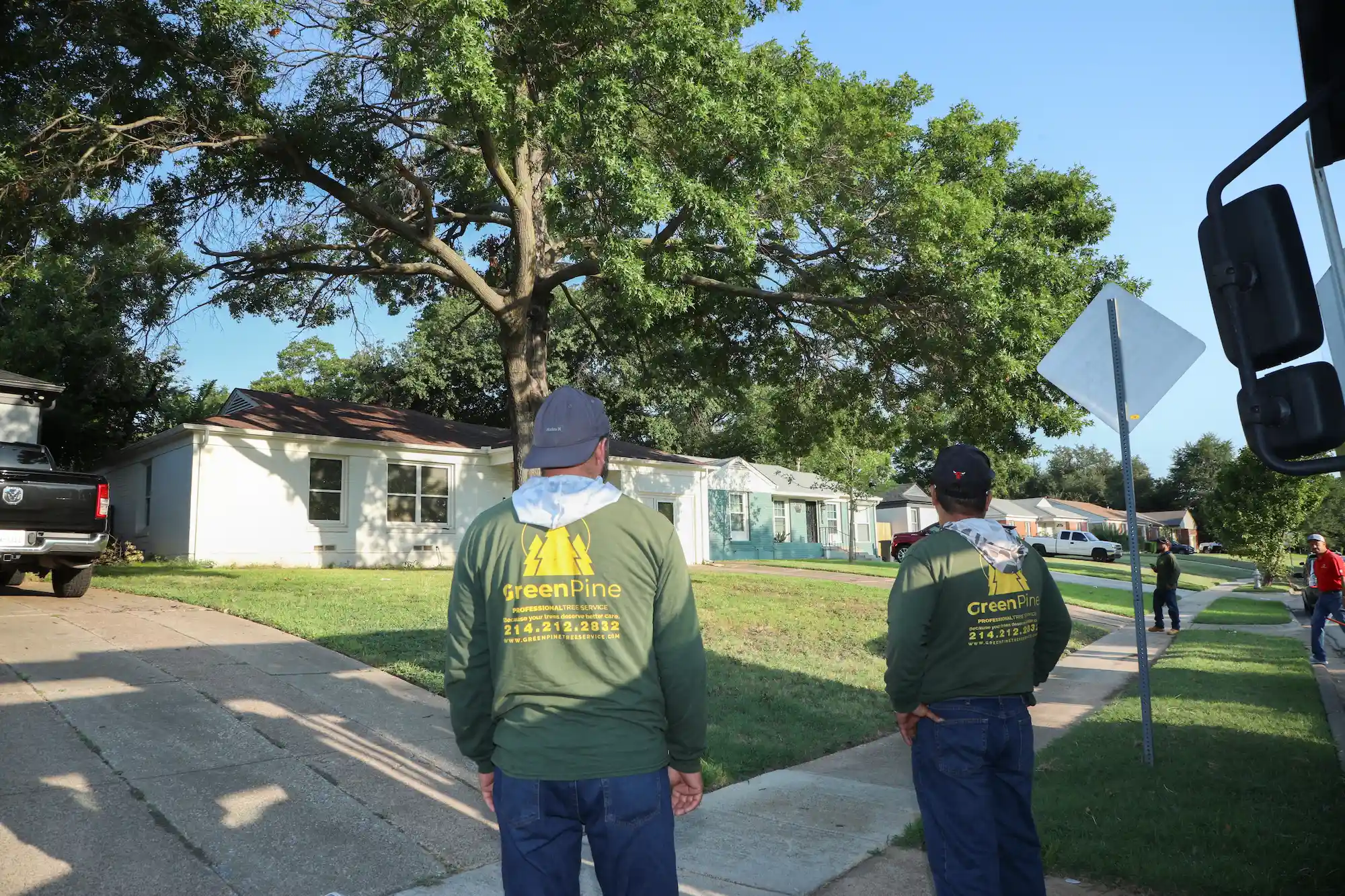On average in the US, foundation repair costs almost $5,000.
But it can go as high as $20,000 for severe cases, with most sitting in the $2,000 – $8,000 range. One factor that pushes these prices sky high is mistakes by the homeowner. But when you’re not a professional contractor, it can be hard to know what those mistakes are.
That’s where we aim to help! Keep reading for this guide on five foundation repair mistakes you’ll want to avoid.
1. Allowing Roots to Undermine Your Foundations
Foliage and trees can make a garden come alive and everyone wants a beautiful yard. But if you plant rooting plants too near your foundation damage will soon set in. Especially if it involves trees and large shrubs with vast, deep root systems.
Plants and trees need to take in moisture through their root to survive. Over time, this will dry out the surrounding soil, making it crumbly and brittle. If this happens, the soil will retract and expose more of your foundations.
This can make them prone to leaks and cracks. Also, this shift in the earth can cause subsidence, making your foundations crack and lean. In serious cases, if ignored, this can compromise your entire home’s structure.
For very large trees with thick roots, if they get under the foundation they can push it up. This can breach the foundations and push them apart at the seams. Another sure way to see your house crumble down around you.
Repairing foundation damage on this scale will definitely cost if you leave it too long. If you think a tree is too close to your home, it’s best to get an inspection done and remove it if it could be a threat. When planting new trees and shrubs, give your foundations a wide birth and try to keep them clear.
2. Not Keeping Moisture Levels Consistent Around Foundations
Another of the most common foundation issues is not keeping moisture levels consistent. Advice in Dallas is always to not let your foundations get too dry. But because of the local environment, this means you’ll need to put some moisture control in place.
This could be running a basic soaker hose the length of your foundations. Set it on a timer so that it will add a little moisture back into the earth on a regular schedule. Before you do this though, contact a foundation repair specialist.
You don’t want to over-moisten the soil, so it’s best to get expert advice on how to help your home. A professional can help you pick a soaker as well as advise on the timings that your foundations might need. It’s better to get that balance right from the start to avoid potential repair issues down the line.
If the soil is too wet it’ll expand and put pressure on your foundations. If it gets too dry, it will contract and release that pressure. The constant expansion and contraction cycle is very dangerous for foundations. It’s one of the most common causes of foundation failure in the US.
3. Not Having Adequate Drainage Around the Foundations
As we said above, having too much water around your foundations is dangerous too. It’s easy to forget about drainage and it’s often neglected by homeowners until it’s too late. Especially in Dallas where we don’t often give much thought to a lack of drainage.
It is not uncommon for many homes to have a huge build-up of moisture under them. It’s often a hidden issue at first, so you may not even notice. But these properties need to have a proper foundation drainage system.
The first step is to make sure the soil slopes at a steep enough angle away from your home to let the surface water run off. If it doesn’t, that water will sit and pool around your foundations, sinking into the soil. If it rains enough, then it can saturate the soil (it can’t hold any more water) and cause water damage to the sidings.
Also, make sure you clean your gutters and that they’re in working order. These direct water off your roof and down the side of your home in a safe way. Once on the ground, that water can flow away from your home with the right sloping.
If you don’t have gutters it’s well worth installing them. They could save you a fortune on foundation repair costs. Speak to a contractor too, as you may need to install a sub-surface or surface system (a French drain for example) too.
4. Not Calling a Professional At the First Sign of Damage
Because the Dallas area is prone to issues, it’s important you call a professional. Foundation repair methods will vary depending on the severity of the issue. So, the sooner you call, in theory, the cheaper and easier the fix.
Signs of damage to look out for include:
- Cracks at the foundation base
- Brick cracking
- Chimney cracking
- Uneven flooring
- Doors and windows not aligning
- A lean to the property
Once the contractor can assess your property they’ll be able to put together a plan. This could include foundation piers. The sooner you call them though the less invasion the procedure could be.
5. Not Having a Regular Foundation Maintenance Routine
Foundation maintenance is crucial to the long-term stability of your home. For a lot of homeowners though, it’s not something they give much thought about. In the long run, issues can stay hidden until more serious signs of damage set in which you can’t ignore.
Make sure you walk around your foundations on a regular basis. Clear away any debris, plant material, and dirt that’s built up around them. You don’t want any excess moisture building up out of sight.
Have a look for damage and cracking and check your soil’s moisture levels. If you spot anything you’re worried about, call in a professional right away. It’s better to be safe than sorry and they can advise on an ongoing maintenance routine as well.
Foundation Repair Mistakes You Want to Avoid
Foundation repair mistakes are easy to avoid when you know what to look for. While it’s not exciting, take a walk around your house and keep a regular eye on your foundations. Look for any signs of damage and keep them debris free.
Ensure you have the right level of drainage so water can’t pool around them. But don’t let them dry out either! It might be a good idea to have a slow-release soaker installed so you are in control of the moisture levels.
And if you’re in any doubt about your foundation, contact us right away for a free consultation. At FCS Foundation and Concrete, we’ve got 25 years of experience in foundation repair to get your home back on its feet.









